 The winners are in! Round one of the Fourth Annual California Foster Youth FAFSA Challenge has come to a close following the March 2 priority deadline for the FAFSA (Free Application for Federal Student Aid). John Burton Advocates for Youth (JBAY) is announcing the four county offices of education that achieved the highest rates of FAFSA completion among high school seniors in foster care.
The winners are in! Round one of the Fourth Annual California Foster Youth FAFSA Challenge has come to a close following the March 2 priority deadline for the FAFSA (Free Application for Federal Student Aid). John Burton Advocates for Youth (JBAY) is announcing the four county offices of education that achieved the highest rates of FAFSA completion among high school seniors in foster care.
Nevada County won for the very small county category, with 100 percent of its high school seniors in foster care completing the FAFSA. Shasta, Siskiyou, Colusa, Lake, and Trinity counties also each reached a 100 percent completion rate in this category. Monterey County achieved a 93 percent completion rate in the small county category. Fresno and Riverside counties, both longtime FAFSA Challenge champions, won the medium and large county categories, respectively, for the third year in a row.
FAFSA Challenge Winners
-
Very Small County: Nevada
-
Small County: Monterey
-
Medium County: Fresno
-
Large County: Riverside
JBAY launched the California Foster Youth FAFSA Challenge to increase the number of foster youth who are prepared for success as they graduate high school. Historically, foster youth have had far worse academic outcomes than other youth, in part because they lack support for applying to college and accessing all the financial aid available to them. High school seniors who complete the FAFSA are twice as likely to enroll in college within 12 months as those who do not.
Since JBAY launched the FAFSA Challenge in 2017, the rate of FAFSA completion for high school seniors in foster care in California has increased from 45% to 65% for 2019-2020, exceeding the 57% rate for all California high school seniors. Unfortunately, the disruption caused by COVID-19 is threatening that progress.
The statewide FAFSA completion rate by March 2 was 48 percent, a decrease of 9 percent from the same reporting period last year. The decline sheds light on concerns about the disproportionate impact of the COVID-19 pandemic and distance learning on foster youths’ postsecondary educational goals and readiness.
“COVID and the move to remote learning have presented a lot of new challenges for students and also the professionals working with them,” says Sarah Pauter, the JBAY education manager who runs the FAFSA Challenge. “To make sure that these issues do not prevent foster youth going to college, JBAY is providing extra support and incentives. This includes awarding gift cards to foster youth who complete their FAFSA. While an immediate gift of $50 is tiny compared to the lifelong benefit of a higher education, a pilot program with gift cards in San Diego county saw FAFSA rates for foster youth more than double.”
JBAY has also extended the deadline for the final round of the FAFSA Challenge to ensure counties have additional time to provide individual support to foster youth high school seniors prior to graduation. The final completion rate and winners will be announced in July.
